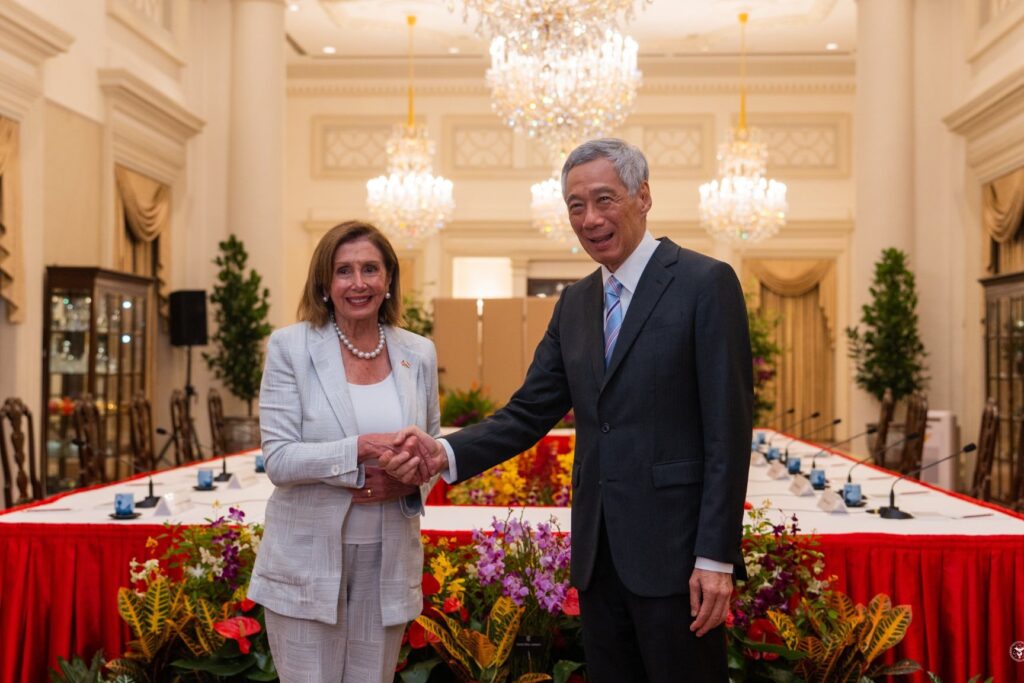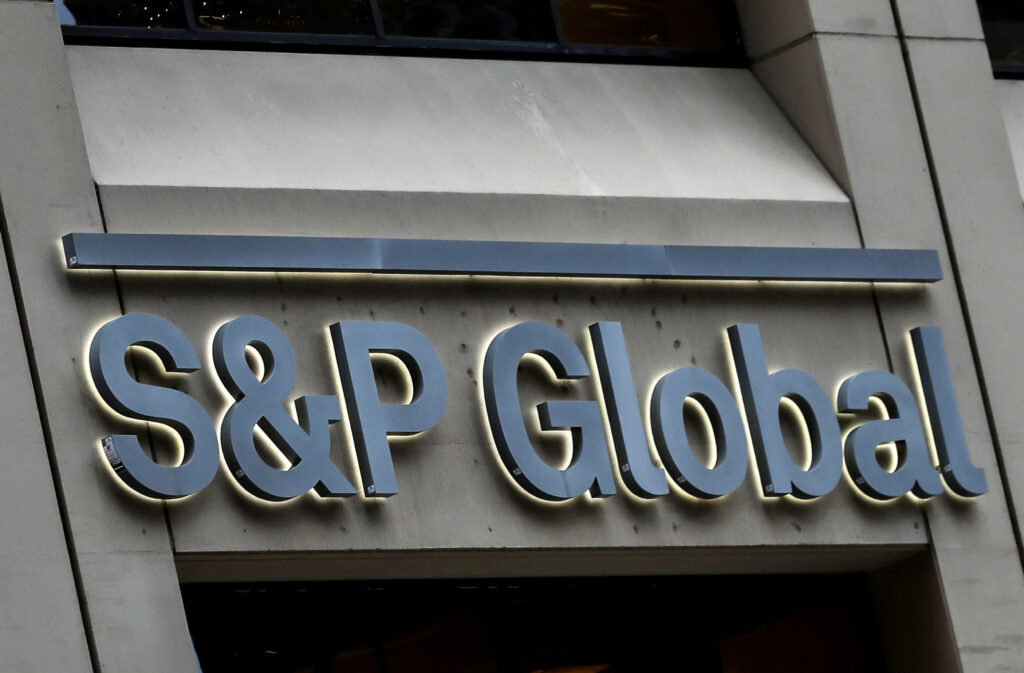Singapore Company Pushes Non-Binary Gender Disclosures

The inclusion of a “non-binary” category in SingPost’s Diversity and Inclusion (D&I) Policy for the fiscal year 2022–23 aims to “promote greater inclusiveness.” However, SingPost has not disclosed the rationale behind this decision, leaving us to speculate.
Making the same arguments any woke evangelist would, Lim makes five questionable assertions in her piece:
- She contends that the global trend towards recognising non-binary identities is something Singaporean companies should embrace. That’s a bit like saying, ‘Euthanasia is popular in some parts of the world; why not give it a whirl?’ The appeal of an idea elsewhere does little to confirm its sensibility here.
- Lim argues there’s a clamour for “greater diversity” in senior management. Allow me to decode woke speak into common sense: “Greater diversity” translates to unmeritorious hiring based on arbitrary political identities.
- She warns them that their failure to embrace such D&I metrics will result in poor ESG ratings. The argument boils down to: play by the new rules, or see your corporate reputation suffer. When did a person’s non-binary gender identity enter the rule book?
- Her pièce de résistance is her claim that acknowledging non-binary identities is not just enlightened, but also a fantastic recruitment and retention strategy. Apparently, acknowledging biological dimorphism is outdated and bad for business. Nothing says ‘We’re a progressive workplace’ these days like ignoring biological reality.
- Another dubious incentive that she dangles is that companies will have the reputational advantage of being first-movers in the race to virtue-signal as progressive. She also suggests they would have a head start in their compliance should non-binary reporting become mandated in the future.






